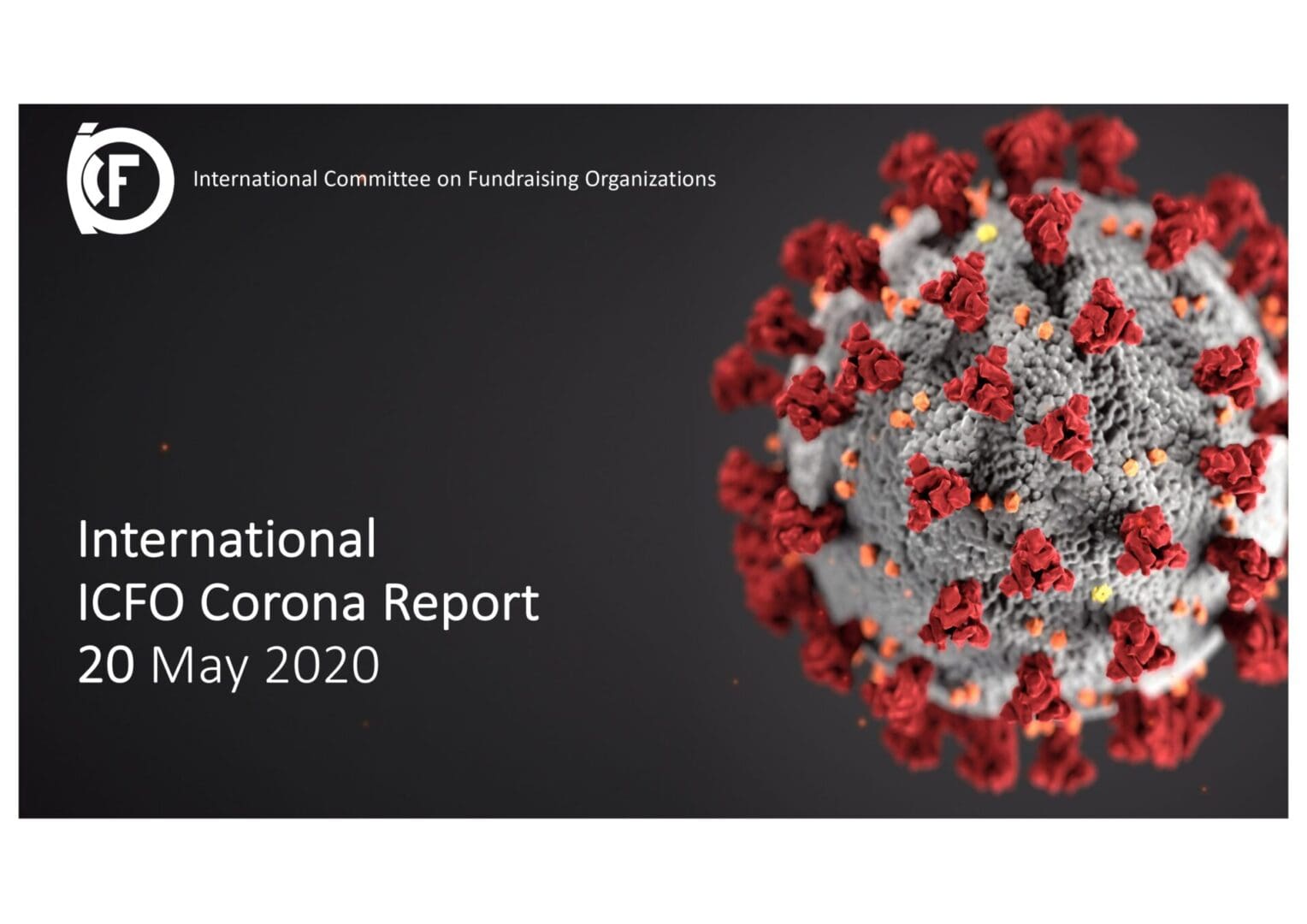In an era where young adults (aged 18-25) are primarily digitally engaged, the influence of social media plays a pivotal role in shaping their views and behaviors, including their willingness to donate to charitable causes.
Students from Vrije Universiteit Amsterdam, in collaboration with the CBF, have conducted a study that sheds light on how specific characteristics of influencers can affect the giving behavior of this young demographic.
In this digital era, young people engage actively with various online platforms. This research explores how influencers can sway the donation behaviors of the youth. The main question is: Which characteristics of influencers affect the donation behavior of young adults between 18 and 25 years?
The study, based on a process model where credibility and identification are the core factors, shows that young people are more inclined to donate if they can identify with the influencer and perceive the message as credible.
Key findings:
Identification and credibility: The extent to which young people can identify with the influencer and perceive the message as credible plays a crucial role in their willingness to donate.
Impact of the CBF certification: The prominent use of the CBF certification in campaigns enhances the credibility of the message, positively contributing to the intention to donate.
Advice for campaign strategies: For more effective campaigns, it is advised to partner with widely supported influencers who appeal to the target demographic and to emphasize credibility through the CBF certification.
Recommendations
Following the main findings, here are recommendations from the study for charities designed to help organizations optimize their approach to young people through the use of influencers:
Understand the power of identification
Young people are more likely to donate to causes promoted by influencers with whom they can identify. Charities should select influencers who reflect the organization’s values and have an authentic connection with the target audience. The research highlights the importance of this emotional connection, suggesting that charities choose influencers who not only have a broad reach but also genuinely resonate with the younger demographic.
Utilize the role of credibility
Credibility is essential in persuading young people to donate. The presence of the CBF certification as a sign of credibility can significantly increase trust in the message. Charities must ensure their communication (both direct and via influencers) is clear, transparent, and reliable, including being transparent about where donations end up and using the CBF certification to confirm trustworthiness.
Strategically tackle social Media Usage
Social media is the primary channel through which young people follow and interact with influencers. Charities should strengthen their social media presence and develop strategies specifically aimed at platforms where their target demographic is most active. This involves not only creating content that appeals to the younger audience but also actively engaging them in their mission and projects.
Authenticity and transparency
Young people value authenticity and transparency in the communications of charities. It is crucial that collaborations with influencers focus not only on increasing reach but also on conveying the mission and impact of the charity in an authentic way. Charities should ensure that influencers fully support the mission and can genuinely promote it to their followers.
Ongoing evaluation and adjustment
The world of social media and influencer marketing is constantly evolving. Charities need to continually evaluate and adjust their strategies to the changing trends and preferences of young people. This includes monitoring the effectiveness of different influencers, campaigns, and messages, and adjusting strategies based on what most appeals to this demographic.
By focusing on the relationship between young people and influencers, as well as on the perception of credibility, charities can improve their communication strategies to more effectively reach and engage the younger generation.
_________________________________________
This research was conducted by students from Vrije Universiteit Amsterdam: Marit Ackermans, Nienke Appels, Julia Heisterkamp, Peter Lamberts, and supervisor D.F. Preciado Vanegas, in collaboration with the CBF









